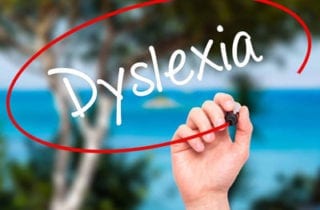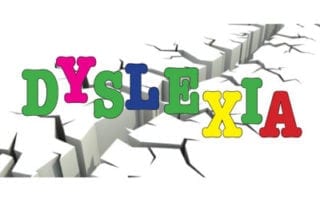Presented by Dr. Keyon L. Anderson, President and CEO, Always Progressing, Inc.
Moderated by Terrie Noland, Ph.D., CALP, Vice President, Educator Initiatives, Learning Ally
This edWebinar will help educators understand the relationship between the Spanish language and phonological processing and support students.
Children cannot grow out of dyslexia. Rather, the dyslexia will only have more severe consequences over time with lack of intervention. It is critical to keep an eye out for all possible red flags at every grade level to understand when intervention is needed. In their recent edWebinar, Kelli Sandman-Hurley, Ed.D., and Tracy Block-Zaretsky, Co-founders of the Dyslexia Training Institute, reviewed, grade level by grade level, the potential warning signs of dyslexia.
In this edWebinar, Kelli Sandman-Hurley, Ed.D and Tracy Block-Zaretsky uncover the red flags to illustrate the many ways dyslexia can manifest in students.
In this edWebinar, Susan E. Miller, M.A., LDT-C, Assistant Director of the Robinowitz Education Center, leads this session on applying the latest research on supporting students with dyslexia.
In this edWebinar, Kathy Futterman, Ed.D. shares key insights on how to successfully support students with dyslexia in elementary and middle school.
According to the National Assessment of Educational Progress, 80% of students with learning disabilities have dyslexia. In order to create a learning environment that feels safe, comfortable and empowering for students, schools need to adhere to basic guiding principles. In “Creating a Dyslexia-Friendly School,” Terrie Noland, National Director, Educator Engagement for Learning Ally, presented on early intervention for dyslexic students, using the right AT (assistive technology) tools and accommodations for each learner, and creating environments in which students can thrive.
In this edWebinar, Learning Ally’s Terrie Noland will share how to create a supportive culture for your students who are struggling readers.
Audiobooks cannot replace explicit reading instruction, because a balance of support and accommodations is needed for struggling readers. In this webinar, Learning Ally’s Terrie Noland, National Director of Educator Engagement, will discuss the when, where, how, and why of effectively incorporating audiobooks as an assistive technology tool for students with dyslexia.









